#classic shoujo
Explore tagged Tumblr posts
Text
Some sad news to share - Prolific shoujo manga artist & illustrator Macoto Takahashi has passed away at the age of 90 due to cancer. While he made several shoujo manga in the late 1950s & 60s, he soon decided to focus on illustration work, as he realized it was difficult for him to write stories for girls as a man. His highly detailed, fairy tale inspired & ultra-feminine style quickly became very influential to other shoujo artists at the time, helping further popularize trends that we now associate with classic shoujo manga style today. His work gained notice again in the 90s & 2000s when he started doing fashion illustrations for Lolita brands and magazine covers.
Rest in peace, Takahashi-sensei. You will be missed, and your beautiful art will continue to inspire!
1K notes
·
View notes
Text









Scanned some Moto hagio sketches from the poe clan and the heart of Thomas
#moto hagio#the poe clan#poe no ichizoku#the heart of thomas#year 24 group#shoujo manga#classic shoujo#vintage manga
173 notes
·
View notes
Text
Transmasculinity and queer sexuality in the works of Ikeda Riyoko
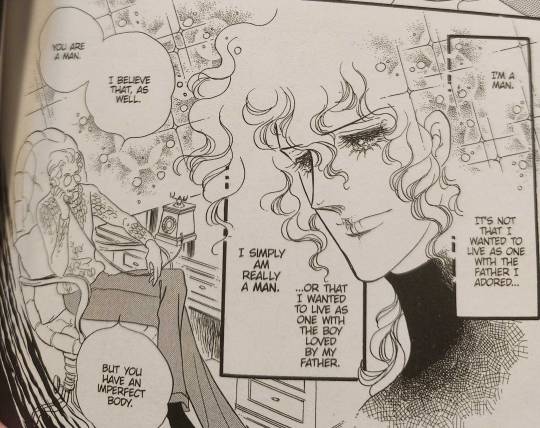
Content Warning: Discussion of transphobia and suicide
Spoilers for Dear Brother, The Rose of Versailles, and Claudine
Ikeda Riyoko—perhaps the most famous member of the “year 24 group” that played a large part in creating the foundations of the shoujo manga genre—is often credited with laying the groundwork for depictions of queer characters in shoujo, and in particular with creating the archetype of the gender-bending heartthrob heroine, or “girl prince.” Building on earlier representations of butch or transmasculine characters in early shoujo manga such as Princess Knight, and the Takarazuka theater tradition of the otokoyaku male role actor, Ikeda’s enormously popular gender non-conforming heroes—Lady Oscar from The Rose of Versailles, Rei from Dear Brother, Julius from the Window of Orpheus, and the titular character of Claudine—helped to establish that there was a major mainstream audience excited to cheer for a hotheaded, androgynous tomboy with a heart of gold. Lady Oscar in particular has fingerprints all over the history of anime and manga, from a gender-bending cameo in Pokémon to serving as the inspiration for iconic characters like Tenjou Utena.
When I first read The Rose of Versailles last year, I expected its depictions of queer and transmasculine characters to be somewhat limited—after all, the comic was written for mainstream audiences and a mainstream publisher in the 1970s. But across Ikeda’s work, I was deeply surprised with the level of care and nuance with which Ikeda approaches transmasculine love stories. While there is obviously a lot about Ikeda’s portrayal of transmasculine characters that feels dated to modern audiences (for example, her comics often do fall back on “biological” ideas of women’s weakness and emotionality, and sometimes psychologize her character’s genders in uncomfortable ways), I was surprised by how much of these comics still hit for me today. What makes them work for me is both the extreme pathos with which Ikeda writes transmasculine character’s experiences of rejection—and, at rare moments, gender euphoria —but also the fact that her trans characters are not simply given a one-size fits all born-in-the-wrong-body narrative. Instead, they are each portrayed as unique individuals with varied personal relationships to their gender, their sexuality, and the historical context of the society they live in.
Read it at Anime Feminist!
#riyoko ikeda#ryoko ikeda#rose of versailles#berubara#versailles no bara#lady oscar#dear brother#oniisama e#claudine#classic shoujo#shoujo#articles#asuka rei
685 notes
·
View notes
Text


“The Rose of Versailles” by Riyoko Ikeda, circa 1972.
#rose of versailles#the rose of versailles#versailles no bara#riyoko ikeda#shoujo manga#classic shoujo#vintage manga#70s manga#my post#not my photo
258 notes
·
View notes
Text


二人のしあわせ (Futari no Shiawase) by Eiko Hanamura.
64 notes
·
View notes
Text
Hello everyone,
we are a scanlation group of classic shoujo enthusiats and we want to post updates here of our projects.
Some of you maybe remember the Rose Garden main site here on tumblr, sadly that one exists no more, but our group is still active.
We also have an discord server, so if you are interested on helping us with our projects, you are very welcome to join: https://discord.gg/wByzNR9pAT
Here is also our project site on MangaDex, where we post our projects: https://mangadex.org/group/da13a6a9-28f1-4e80-9ad5-74f239859632/the-rose-garden?tab=titles
These are our current projects:
Swan by Kyoko Ariyoshi, newest chapter: 55
The Allegory of Nijinsky (Nijinsky Guuwa) by Kyoko Ariyoshi, newest chapter: 1.4
Divine Love, Earthly Passion (Tenjou no Ai Chijou no Koi) by Tomoko Katou, newest chapter: 4
From Eroica with Love Tributes, newest chapter: 23
The Hotel on the Dangerous Hill (Abunazaka Hotel) by Moto Hagio, newest chapter: 1
Marie-Antoinette. La jeunesse d'une reine. by Fuyumi Soryo, newest chapter: 1
Legend of Hikari (Hikari no Densetsu) by Izumi Aso, newest chapter: 1
And we are also working on some more ;)
#classic manga#classic shoujo#manga#retro shoujo#swan#hikari no densetsu#abunazaka hotel#marie antoinette#from eroica with love#nijinsky guuwa
274 notes
·
View notes
Text
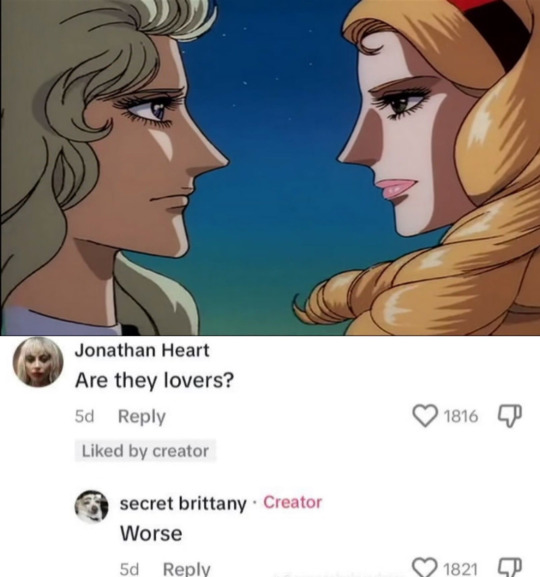
534 notes
·
View notes
Text
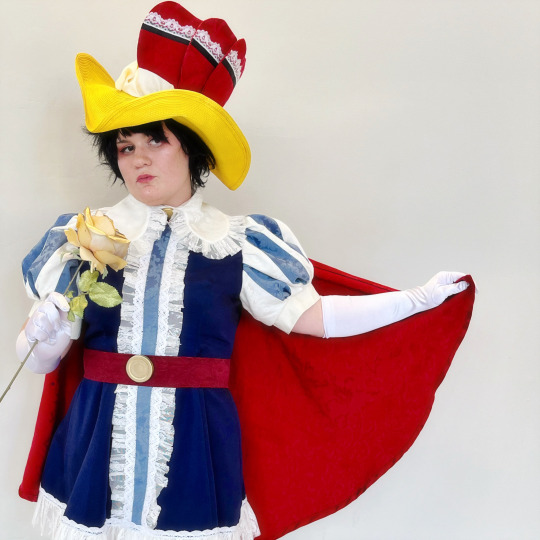
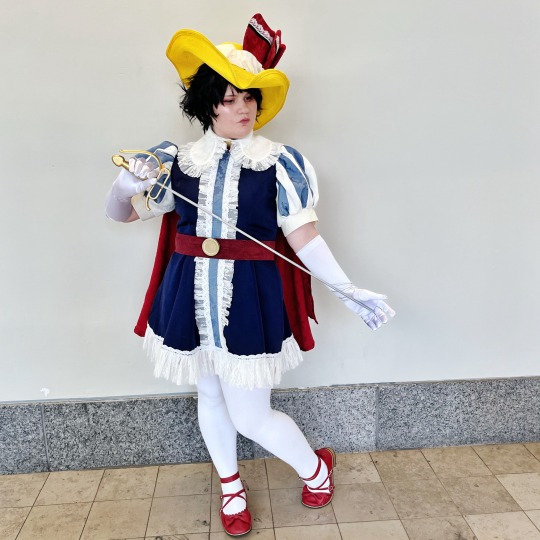
Heyyyy. I’m realizing I never posted my Sapphire cosplay photos here.
This was a take based on the manga with some knowledge of Takarazuka costuming. Basically I wanted the vibe to be if a Takarazuka troupe did a Princess Knight show or Revue piece. I also wanted to use as much from my fabrics and trim from my stash as possible.
The pattern is altered from a JSK in Otome no Sewing Book and the rest is drafted by me. The red, jacquard white, and light blue are all thrifted and up cycled materials, with the navy being a long term stash fabric. A good amount of the lace was also thrifted but I don’t remember exactly what. The hat was thrifted and re-styled as well. The sword is my first 3D printed prop.
If you have any other questions about the make, feel free to ask.
#cosplay#princess knight#osamu tezuka#ribon no kishi#shoujo#shoujo manga#classic shoujo#retro anime#retro shojo#retro shoujo
98 notes
·
View notes
Text
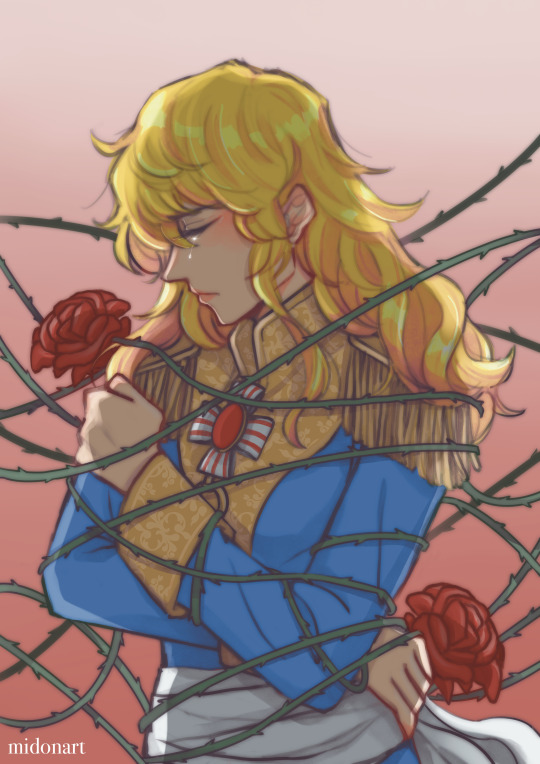
"There are two kinds of love in this world: a love of joy... and a love of agony"
#versailles no bara#the rose of versailles#lady oscar#oscar de jarjayes#riyoko ikeda#classic shoujo#shoujo manga#shoujo anime#shoujo#fanart#awesome art#digital fanart#myart#my fanart
300 notes
·
View notes
Text

I'm in love with @bumblebeescottage's Rockstar AU...
Would you go to Murat's glam rock concert?
#joachim murat#napoleonic wars#napoleonic era#napoleonic art#napolka#napoleon#80s aesthetic#80s rock#glam metal#artists on tumblr#digital art#ibispaint art#I wanted to recreate 80s manga artstyle!#napoleon's marshals#anime and manga#fan art#dandy king#artwork#digital drawing#art#classic shoujo
40 notes
·
View notes
Text
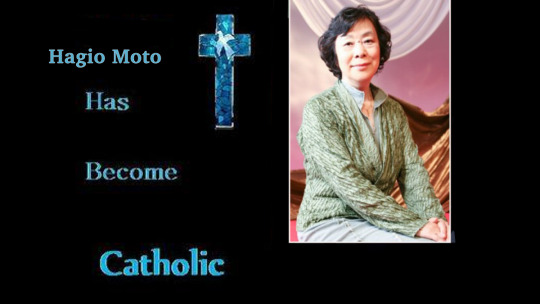



finally sharing my classic shoujo memes with the public (cheers erupt from my crowd of adoring fans)
#kazeki#kaze to ki no uta#the song of wind and trees#the poem of wind and trees#heart of thomas#thomas no shinzou#oniisama e#dear brother#rose of versailles#versailles no bara#classic shoujo#mine
477 notes
·
View notes
Text

Relating to a character is nice and all until it's this bitch
#a cruel god reigns#jeremy butler#hagio moto#manga#classic shoujo#otaku#moto hagio#shoujo manga#classic manga
23 notes
·
View notes
Text
The Rose of Versailles Opening
Bara wa Utsukushiku Chiru by Hiroko Suzuki
#the rose of versailles#rose of versailles#versailles no bara#lady oscar#classic shoujo#shoujo#shoujo anime#80s anime#70s anime#old anime#classic anime#retro anime#fall 1979 anime#anime music#anisong of the day
43 notes
·
View notes
Text
“An Inner Revolution Of The Japanese Women”: The Rose of Versailles As Feminist Historical Fiction

It’s not an exaggeration to say that Ikeda Riyoko’s The Rose of Versailles is one of the most influential shoujo manga of all time. The18 volume historical fiction retells the story of the French Revolution through the eyes of a number of female protagonists, including Marie Antoinette and the fictionalized character, Lady Oscar. Many shoujo manga historians consider it to be a foundational text in the medium and Ikeda is often credited for popularizing the sumptuous linework and stylistic expressions which shoujo manga is best known for today.
Unfortunately, shoujo manga—like most media targeted towards women and girls—is often dismissed as frivolous and apolitical, which means that Rose of Versailles is often overlooked as a work of feminist historical fiction. However, Rose of Versailles is actually remarkably well-researched and it’s clear that Ikeda was dedicated to educating her readers about the history of the French Revolution by centering women in her story. Similarly to English-language commercial successes like Titanic and Hamilton, the Rose of Versailles uses the framing of genre fiction to allow modern audiences to connect with history. The Rose of Versailles makes the argument that women’s lives and the romance genre can be radical and revolutionary—and, in fact, they were always central to revolutionary movements.
Read it at Anime Feminist!
#rose of versailles#versailles no bara#lady oscar#berubara#oscar rov#ryoko ikeda#shoujo manga#classic shoujo#articles
196 notes
·
View notes
Text
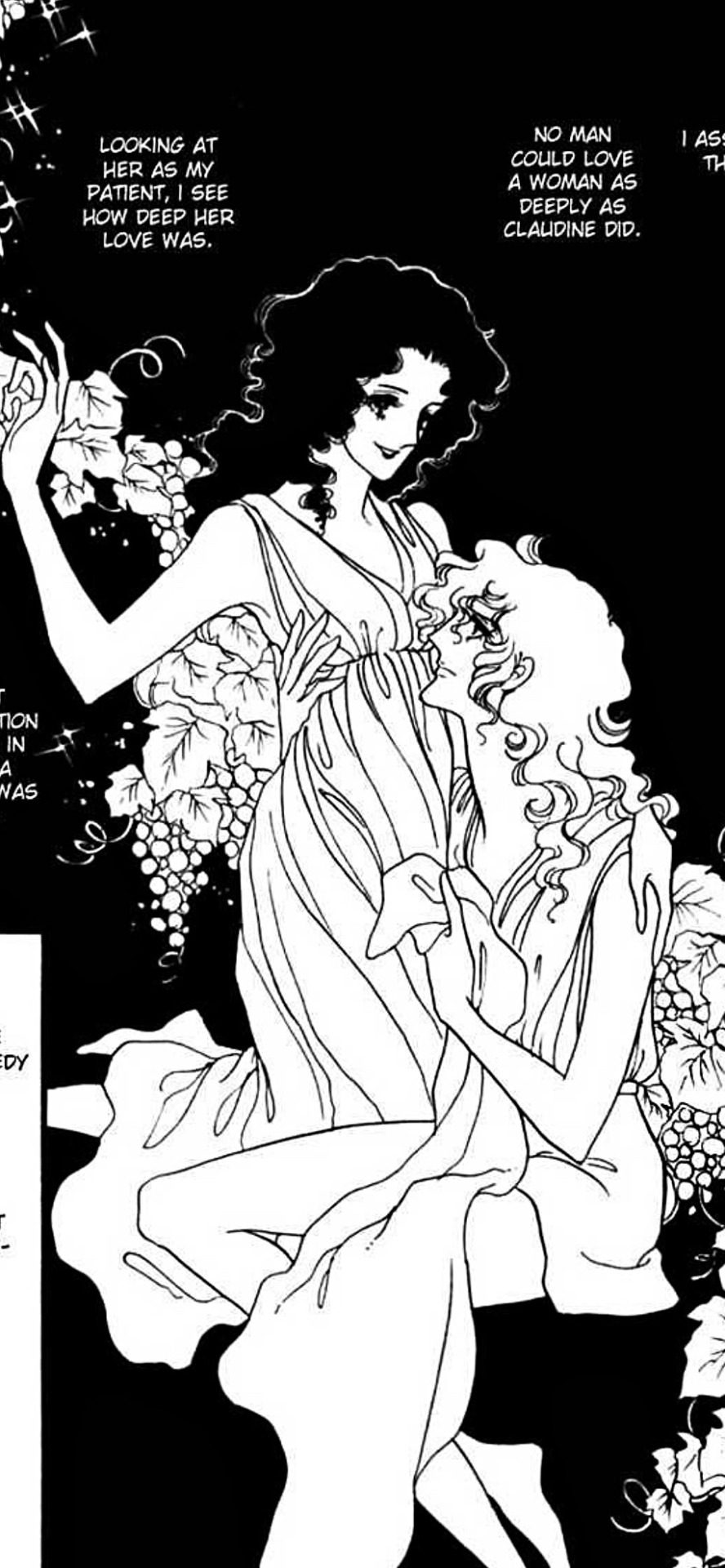

“Claudine…!” by Riyoko Ikeda, circa 1978.
#Claudine#Claudine…!#claudine manga#riyoko ikeda#shoujo manga#vintage manga#classic shoujo#70s manga#my post#not my photo#my edit
95 notes
·
View notes
Photo
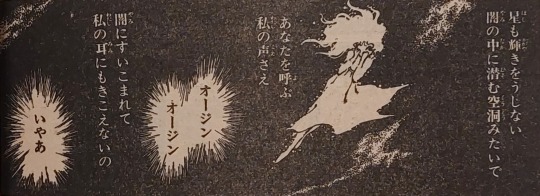


yoshimi uchida, 銀河 その星狩り, published in the winter 1977 issue of ribon deluxe.
363 notes
·
View notes